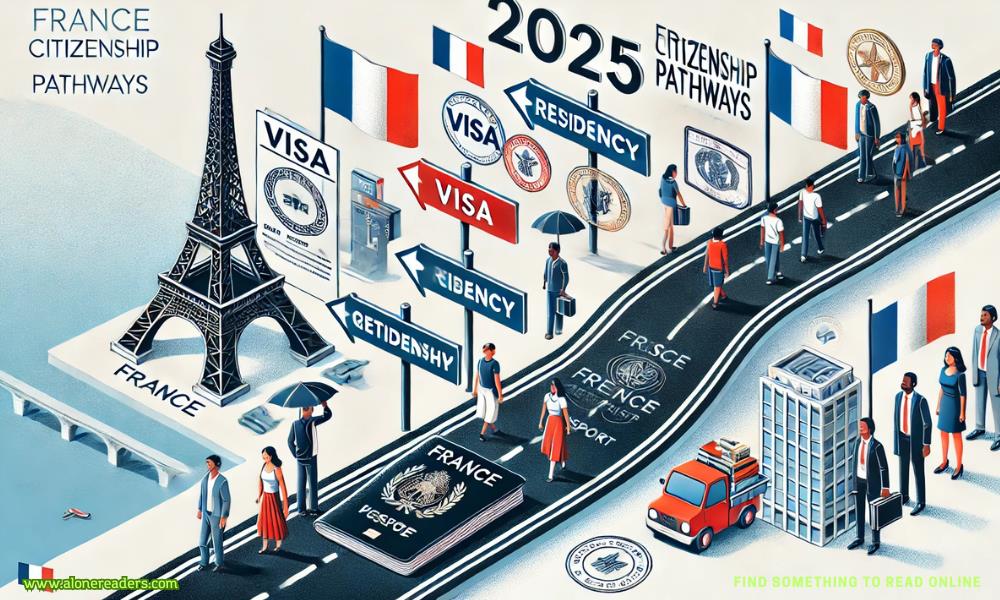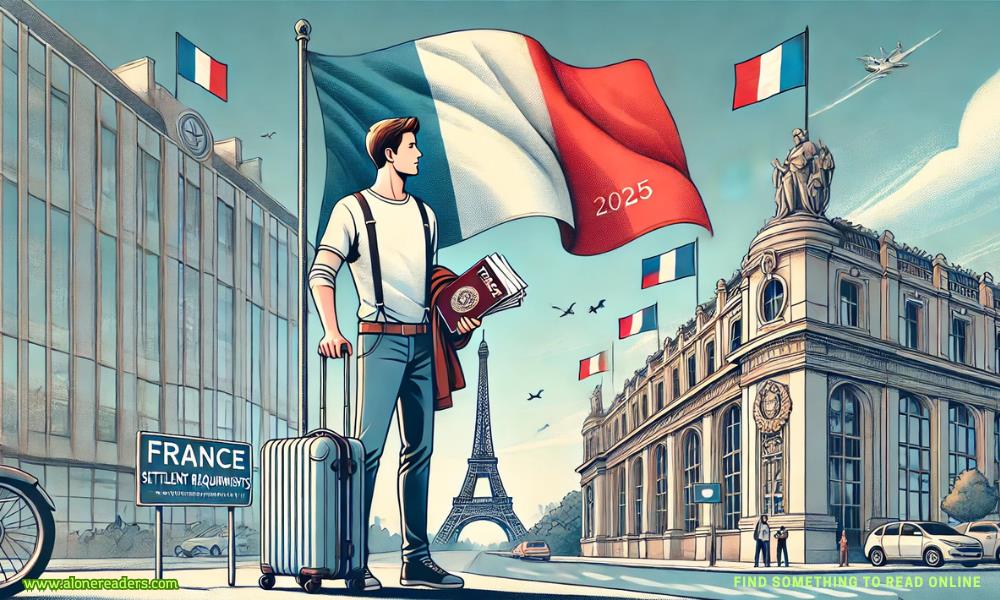Page 11 of The Blood Orchid
I doubted it, but I wasn’t keen on having my veins ripped open from venom twice in one day. We helped each other to our feet, stumbling to the outskirts of the desert. I cast a glance over my shoulder at the shifting sand dunes that had already erased our footprints.
This had been our only lead.
Penglai Island was difficult to research because most people didn’t believe it was real. Even my father had scarcely written anything about it, other than his intention to find it. The more time we spent withering away in the desert, the more it seemed that Penglai Island was nothing but a lost dream that had swallowed my father whole in his desperation, and now had come to devour me as well.
But I would rather have been lost in a dream than head back to Chang’an and pretend to be part of the royal court again. Even if I hadn’t sworn to bring the others back, I’d already noticed certain... complications to cramming my cousins’ souls into the wrong bodies.
Night was falling quickly, the desert temperatures dropping,frigid wind blowing straight through our thin silk robes. Durian kept up a constant song of peeps from inside my bag, probably hungry by now, but he’d already eaten through the stash of bugs and grass I’d packed, and I had nothing else to feed him.
We followed a distant light until we arrived shivering at a small outskirt village. We’d entered the desert near Lanzhou, but after navigating the Sandstone Alchemist’s tunnels, I had no idea where we’d ended up.
The village had only bamboo stakes instead of clay walls, the buildings thatched together with thin sticks. Goats with twisted horns meandered out across the dusty plains, gnawing at wild onion flowers striped white and purple. Some of the store signs were written in Arabic script in bright gold, a more common custom along the western borders.
As we drew closer, the goats limped toward us, bleating and nudging their horns at our legs. The sand turned to gray dirt, tracked with deep footprints, splattered with rusty brown stains. We passed through the bamboo gates and entered an empty village where wind sighed between the slats of the thatched houses, our every footstep shatteringly loud.
More and more villages were becoming ghost towns, ever since Yufei had eliminated life gold.
None of us had thought the aristocrats would be pleased that they could no longer buy eternal youth made from the blood of peasants, but we hadn’t anticipated the lengths they’d go to just to keep their life gold.
In the last few weeks, the wealthy had begun hiring private armies to ravage every city and village they could find, kidnapping aspiring alchemists and jailing them until they agreed to make life gold. It didn’t matter that the Empress had killed every alchemist who knew how to make it. Everyone but me.
The things you want are only childish dreams, the Moon Alchemist had warned me. It had seemed so simple back then: life gold is made from the blood of unwilling peasants, so we can’t produce it anymore. But abolishing it hadn’t created peace. It had only created more bloodshed. Now innocent people were dying to protect their alchemists, and alchemists were being tortured in jail.
This was yet another town stripped bare by private armies—I could tell from the shattered doors and crumbling fences, walls splashed with blood, hungry and untended livestock.
Well done, Scarlet, I could imagine the Empress saying.This is the new world that you lost everything for.
I told myself that this was part of razing the world and starting again. You couldn’t build a new dream on shaky old foundations, after all. This country would have to pay before we could rebuild. That was the hope I had to cling to.
Something struck the side of my face.
I whirled around, only to see an old man slumped against a wall, a small pile of rocks in his lap. His clothing was torn, scraps bound around bloody limbs as if barely holding the pieces of him together. He shouted something at me in a dialect I didn’t understand. When I didn’t respond, he threw another rock, which I swatted away. Why was anyone left in this corpse of a village?
The old man turned his head to the side, shouting something at the broken window behind him. A younger man appeared, wearing an embroidered cap, clutching a knife in one hand. The older man pointed at us, and the younger man turned to glare.
“We’re just looking for a place to sleep,” I said in Chang’an dialect.
“Not here,” the younger man said, his words accented butclose enough to Chang’an’s dialect that I could understand. “There’s nothing left for you to take.”
“Take?” Wenshu said.
The man’s gaze raked up and down our clothes, the wind blowing back my white cloak to reveal the silk dress underneath. “You can’t fool me. You’re rich people from the capital,” he said.
I barely held back a laugh. I’d been treated like a peasant while in Chang’an, but apparently I passed for a true northern aristocrat now. I didn’t know which was worse.
“We’re not from the capital,” Wenshu said, stepping forward before I could speak.
This was another thing we made sure everyone knew, because everyone in the country was looking for us.
The last alchemist who could make life gold and the last heir to the throne of a crumbling kingdom. They would torture both of us until “the prince” permitted the production of life gold, or until I taught the other alchemists how to make it.
“My cousin and I are scholars from Lingnan,” Wenshu said.
I hated to hear him call me his cousin and not sister, but with him borrowing the prince’s body, we looked even less alike than before. “We came to Chang’an to study, but our ward was burned in the raids. We only want somewhere to sleep.”
The older man said something to the younger man, who stepped around Wenshu, glaring at me.
“Your rings,” he said.
- Just a Little Crush by Carly Phillips
- Mountain Mens' Curvy Obsession by Kai Lesy
- Gilded Whispers by Penelope Wylde
- Obsession & Oath by Sierra Voss
- Boulder's Weight by Elizabeth Knox
- Savage Bratva King by Vivy Skys
- Code Name: Dante by Heather Slade
- Hate Game by Ashlyn Mathews
- Good Girls Don't Kiss and Tell by Codi Gary
- Hell to Pay by Sadie Hunt
- To the Grave by Sadie Hunt
- Pay the Price by Sadie Hunt
- Gather the Storm by Sadie Hunt
- Kings & Carnage by Sadie Hunt
- Christmas Candy by Celia Aaron
- Her Professor's Valentine by Celia Aaron







